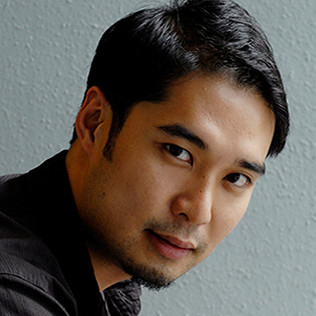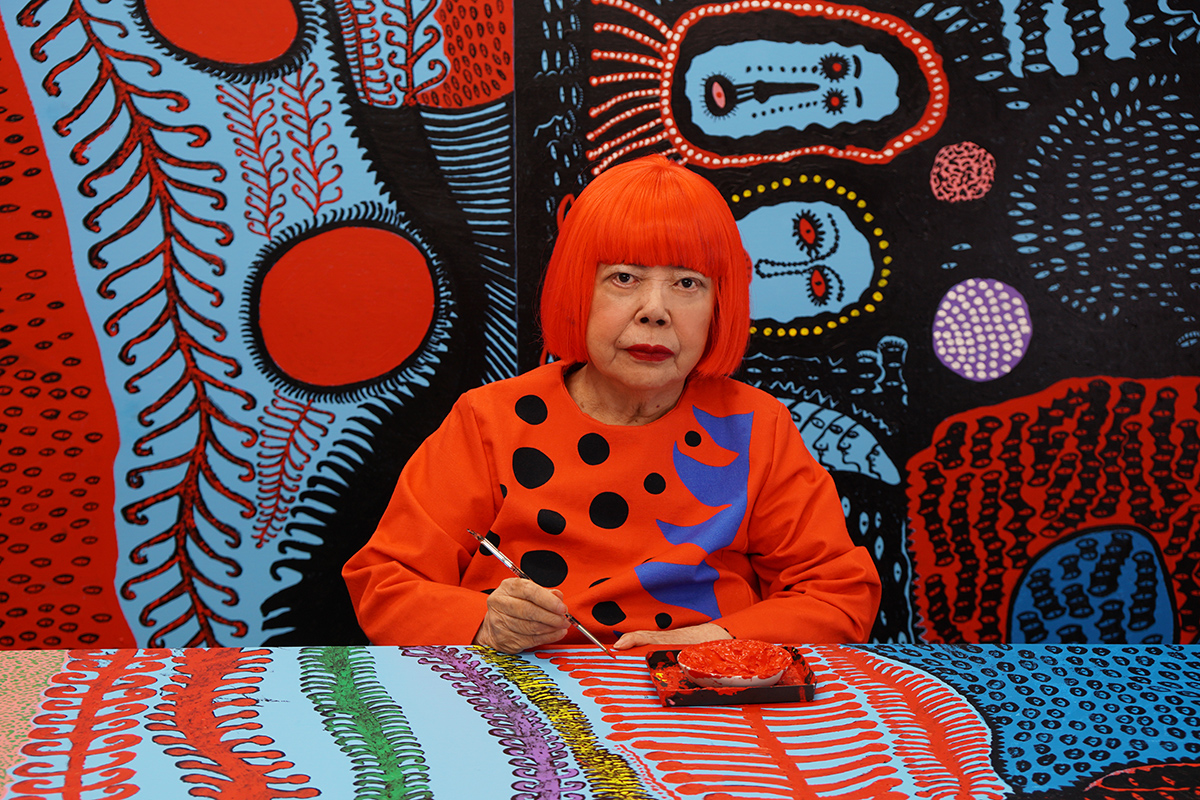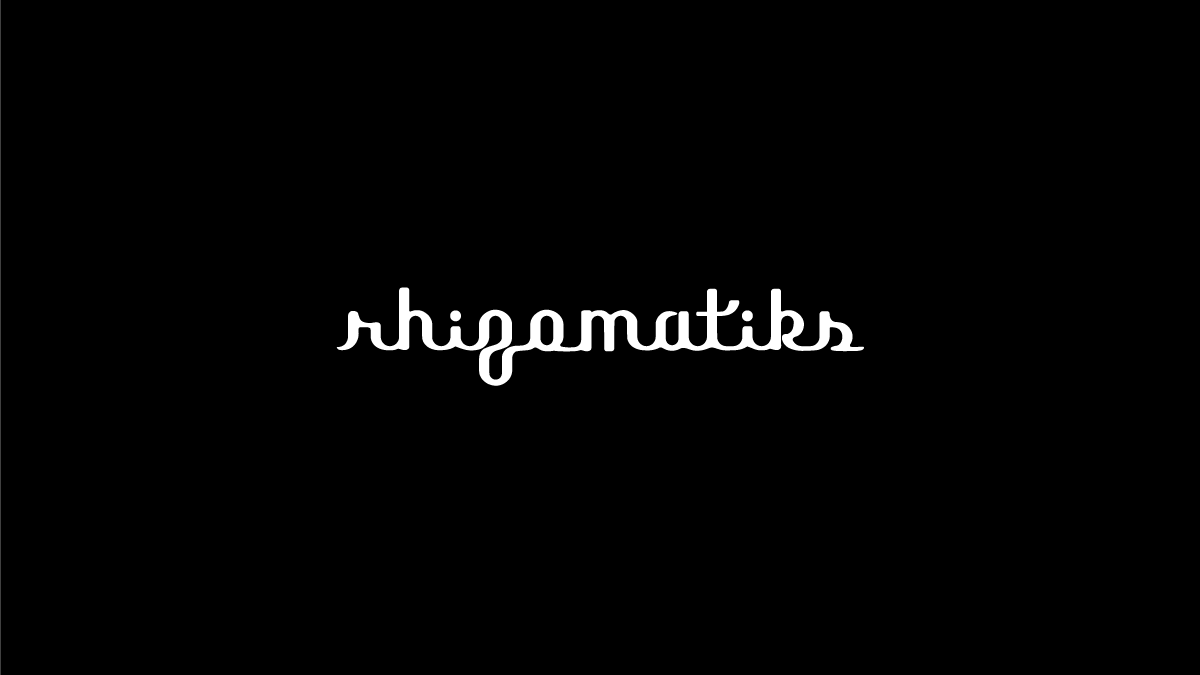Over the past few months, the Love Tokyo Awards again saw local experts from across the global Time Out network descend on Tokyo and join our own ace team in picking out the very best of the capital. After much hand-wringing, our judges decided on the winners in the five categories of Restaurant, Bar, Café, Shop and Product, in addition to picking out a handful of essential things to do and five excellent individuals who truly deserve the title ‘Face of Tokyo’. Read on for a roundup of the city’s crème de la crème in 2017.
Run by a young couple whose homely hospitality extends to every single customer, Ise Sueyoshi offers remarkable kaiseki dishes made with ingredients from the ancient city of Ise in Mie prefecture.
Owned by a born-and-bred local eager to liven up his 'hood, this comfy joint has earned a steady following over the decade it's been open. Don't miss the no-bake cheesecake, certified by the local authorities.

I loved this cafe! The coffee was first class and the no-bake cheesecake was one of the best I've had. But what I loved most was the vibe: cool but welcoming and with a genuine neighbourhood focus. The owner was incredibly passionate which really made my visit feel special. A deserved winner in this category - congratulations!
Part of the growing Nakameguro Koukashita complex situated underneath Nakameguro’s train tracks, this shop specialises in lifestyle goods as well as a dedicated section to making fermented Japanese-style pickles. A fun way to learn the craft of Japanese pickling, the shop will hold your pickles for you using a time-honored preservation technique in their temperature-controlled room.

I was really impressed with the way 85 fostered a sense of community. The idea that those interested in home-preserves could keep a container fermenting right there in the store was delightful. I can just imagine neighbors bumping into each other, while they come to check on their pickles. The products that complimented this feature were well edited and stylish. Even though, as an Australian, I couldn't take any of their food products home with me, I was able to purchase a beautiful mug by Sakuzan, that is now sitting on my desk at work.
Kimono manufacturer Yamato Company established a men's kimono tailor, 'Y.&Sons', in 2015. They try to fuse Western and Japanese style while sticking to the kimono format, and the latest masterpiece in their collection is a woollen kimono suit, made by fashion designer T-Michael. The so-called 'T-KIMONO' is a combination of a wool haori jacket and a kimono which incorporate design and tailoring details from regular men’s suits, and therefore exudes a sleek, modern feel. It’s a kimono you can wear without being considered eccentric, and really showcases new and unknown possibilities for this type of garment. ¥70,000 (about USD620).
Note: Prices may differ depending on retail outlets.

I loved how the T-Kimono unites traditional kimonos with western suits. I don’t think you can find anything like that anywhere in the world. Congratulations!
Aikido is a Japanese martial art founded by Morihei Ueshiba in the 1930s and loosely translated as ‘the way of the harmonious spirit’. We visited the Aikido Honbu Dojo complex in Shinjuku's Wakamatsucho, considered the headquarters of the martial art, to attend a morning practice and meet with Mitsuteru Ueshiba, the founder's great grandson, who shared with us the philosophy behind aikido. We also checked out the annual All-Japan Aikido Demonstration at the Budokan arena. This clip was the most-viewed Play Tokyo video of 2017 – a testament to aikido's worldwide popularity.
This folk music bar hosts live performances of the appealing Tsugaru shamisen, a traditional banjo-like instrument. It has the longest history of any establishment of its kind in Tokyo and sees three shows daily by around ten professional shamisen players (or those aiming to be). It’s definitely worth seeing and hearing the happi coat-clad performers playing together – a spectacle that makes Oiwake a popular place for experiencing a quirkier side of Japanese culture. On the menu is izakaya-style grub such as sashimi, grilled meat and chanko nabe stew, as well as sake and shochu.
Composer Kazue Mizushima formed Studio Eve in 1992 with Midori Yaegashi and has been creating Stringraphy works ever since. These are indoor sound installations that utilize a multitude of 'string telephones' (silk threads attached to paper cups), transforming the entire performance space into an immense acoustic 'harp'. Its strings of criss-crossing thread create a geometric web where both performer and audience become part of the resonating chamber. Three to five performers can play everything from gagaku (ancient Japanese court music) to pop – why not try it for yourself sometime?
At 1.3km, Togoshi Ginza is the longest shopping street in Tokyo. Lined by eateries, little cafés and bakeries, it's also an ideal spot for bar-hopping – as demonstrated in the clip here. Take after our protagonist and pick up karaage (fried chicken), Chinese dumplings, sashimi and more, all while sipping on a cold beer.
Founder of Sendagaya café and flower shop Lorans, which opened in May 2017, Mizuki Fukuju employs 25 people – around 20 of whom are dealing with mental health issues and disorders. Her proactive, deeply diversity-oriented efforts are helping brighten the employment prospects of those with mental disabilities, who in Japan are usually only offered positions at welfare facilities or simple tasks at companies that pledge to employ a set number of special needs staff.
 ©YAYOI KUSAMA
©YAYOI KUSAMA
Yayoi Kusama's 'My Eternal Soul' exhibition, held at the National Art Center in Roppongi from February to May, was an epic look back at this pioneering contemporary artist's 50-year career. Hugely successful, it served as a testament to the 88-year-old's enduring influence and set the stage for the October opening of the Yayoi Kusama Museum in Shinjuku's Bentencho.
Bartender at the highly rated Bar Opa in Ginza, Tamiko Matsuo took home the overall title at last year's All-Japan Bartending Championships, earning her the right to represent Japan at the 2017 IBA World Cocktail Championships in Copenhagen.
The only Japanese DJ ranked in the top 100 on Resident Advisor's 'Top DJs of 2016' list, veteran spinner Nobu has been an integral part of the Tokyo scene for ages, but it's only in recent years that the Future Terror man's techno prowess has truly been recognised internationally. Having co-headlined Amsterdam's Dekmantel festival this year, Nobu is becoming a hot commodity overseas but remains most influential right here in the capital. Working hard to energise club culture in Tokyo, he has set up several new regular nights this year and also helped up-and-coming DJs break into the spotlight.

Rhizomatiks are perhaps best known for their work on the stage productions of J-poppers Perfume, but have channelled their digital prowess into a wide range of projects in recent years. Run by four core members – Seiichi Saito, Daito Manabe, Hidenori Chiba and Motoi Ishibashi – they're a group of multimedia creatives and engineers who have garnered attention around the world for their original production methods and use of cutting-edge technology. Focusing on the three key fields of research, architecture and design, Rhizomatiks played a major role in Japan's part of the flag handover ceremony at the 2016 Rio Olympics and Paralympics, and this year celebrated their tenth birthday with an anniversary exhibition.
Comments
Jillian Anthony
My dining experience at Ise Sueyoshi was so enjoyable and memorable because it combined the pleasures of fine dining with a uniquely Japanese experience. The restaurant has deep ties to the fishing village of Ise, and each course served (paired with delicious and varied sakes, each in their own glassware style) had an interesting backstory, which the server shared as the course was elegantly presented. The food was delicious and so gorgeous, and the servers spoke excellent English, so this was a huge highlight for a tourist like myself.